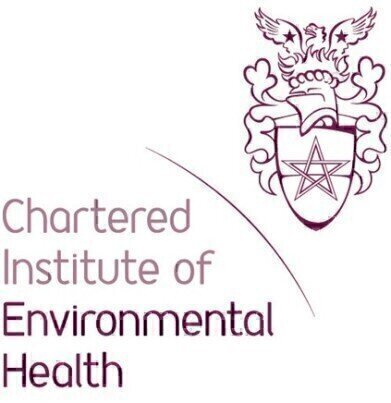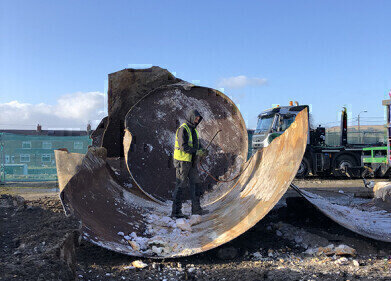Soil Remediation
New contaminated land guidance putting UK public at risk, claims CIEH
Feb 07 2012
The Chartered Institute of Environmental Health (CIEH) today criticised changes to government guidance which could see developers building on land currently considered contaminated. Under the Government’s proposals as much as 300,000 hectares of land would be covered by the new rules – an area the size of greater London and Manchester combined.
The contaminated land regime is administered in local authorities by the CIEH’s members – environmental health practitioners (EHPs).
The CIEH says that the guidelines would water down current science-based risk assessments, which could result in fewer sites being treated before they are built on. Other changes include introducing consideration of social and environmental costs into decisions which previously have been made on health grounds and a number of detailed amendments which will discourage authorities from declaring land to be 'contaminated'.
According to the Government, local authorities' powers have played a very important role in dealing with land contamination, but the original guidance failed adequately to explain how to decide if land is sufficiently contaminated to require clean-up or not. That has been a cause of uncertainty, which has been responsible for slow progress on some poor decisions.
The CIEH disagrees with this, placing that responsibility squarely back on the government.
Commenting, Howard Price, CIEH Principal Policy, said:
“The Statutory Guidance is not to blame here: though 12 years have now passed, the Government has failed to produce the additional technical guidance it depends on.
“'A further drag on activity has been that in the last year the Government agreed to fund a total of only 17 bids for site investigations.”
Adding, Howard Price, said:
“ Changes in the new guidance appear collectively to raise the bar on what will qualify as 'contaminated' still without addressing the problem of making the line between that and 'not contaminated' any clearer. They may make developing some sites easier but at a lower standard of health protection.”
Events
IWA World Water Congress & Exhibition
Aug 11 2024 Toronto, Canada
Aug 25 2024 Stockholm, Sweden and online
Sep 03 2024 Mexico City, Mexico
Sep 03 2024 Mexico City, Mexico
Sep 03 2024 San Diego, CA, USA













